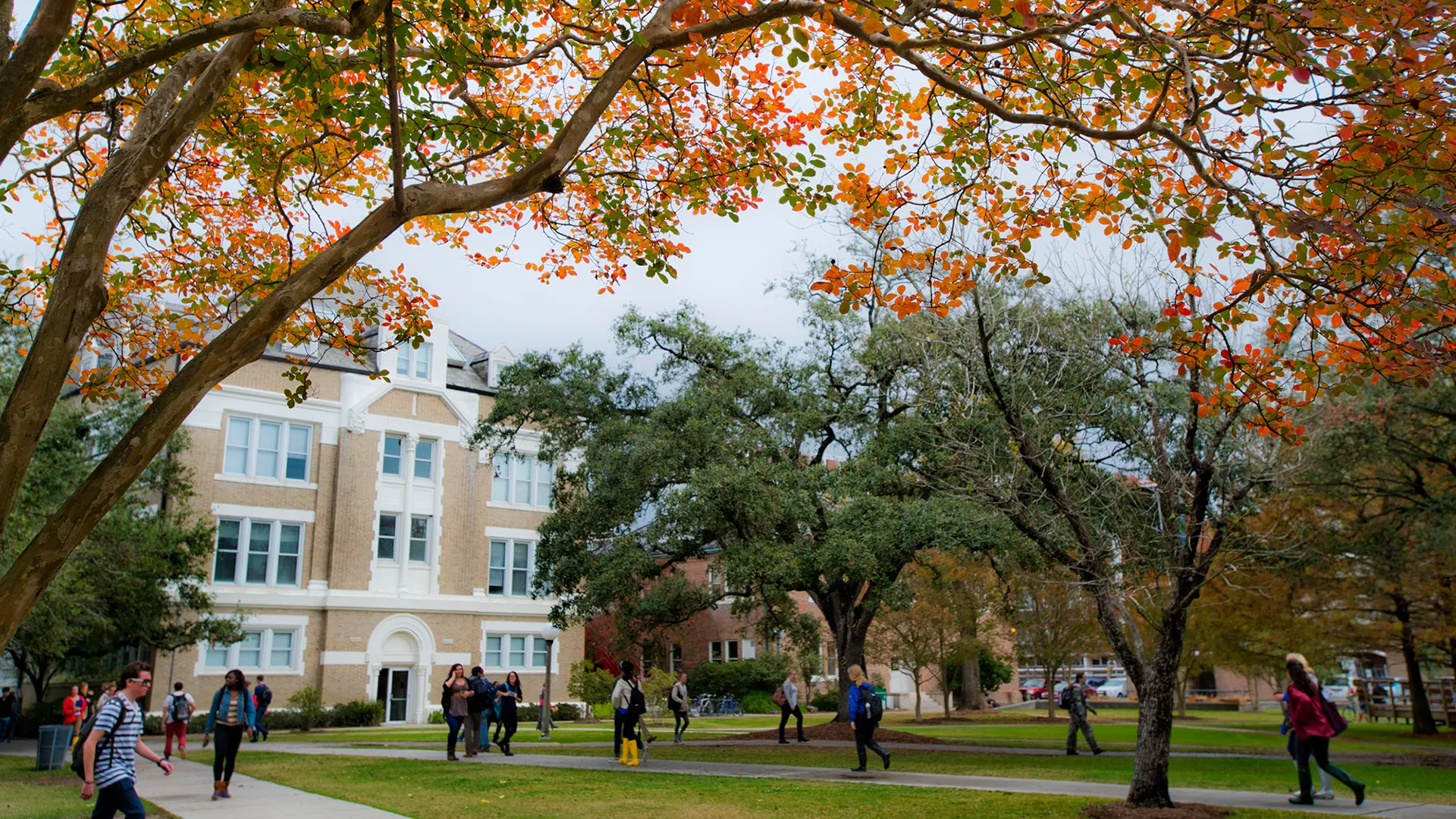Doctoral Program in Political Science
Program Overview
Political science has a rich history at Tulane, which is where the American Political Science Association was founded in 1903. Today, our PhD program prepares students to ask innovative questions, conduct independent research, and become effective teachers. In training students, we emphasize the importance of mastering methodology and research design and using those tools to analyze how political phenomena develop around the world. This is a small, selective program with a high student-faculty ratio that facilities close interaction between students and faculty. The department is methodologically diverse and inclusive of different approaches to the study of politics.
Major Fields of Study:
- Comparative Politics
- International Relations
Collaboration with Other Tulane Programs
The PhD curriculum builds on Tulane’s outstanding resources and tradition of scholarship on Latin America, embodied in the Stone Center for Latin American Studies and the Center for Inter-American Policy and Research. The Murphy Institute's seminars with an emphasis on political economy, rights and policy will enrich our students’ experience and vice versa. Students interested in urban politics can draw on the recently established interdisciplinary PhD program in City, Culture and Community (CCC) with its focus upon “interdisciplinary research aimed at understanding the causes and consequences of urban social problems, relationships between global processes and local change, and the challenges of sustainable development” as well as its concern with urban policy and the post-Katrina recovery of New Orleans. Students interested in global community health and global environmental health may work with faculty from the Institute for Global Health. Our PhD program's examination of political institutions in the rule of law and institutional organization also offers opportunities for interaction with the Law School and the Business School.


